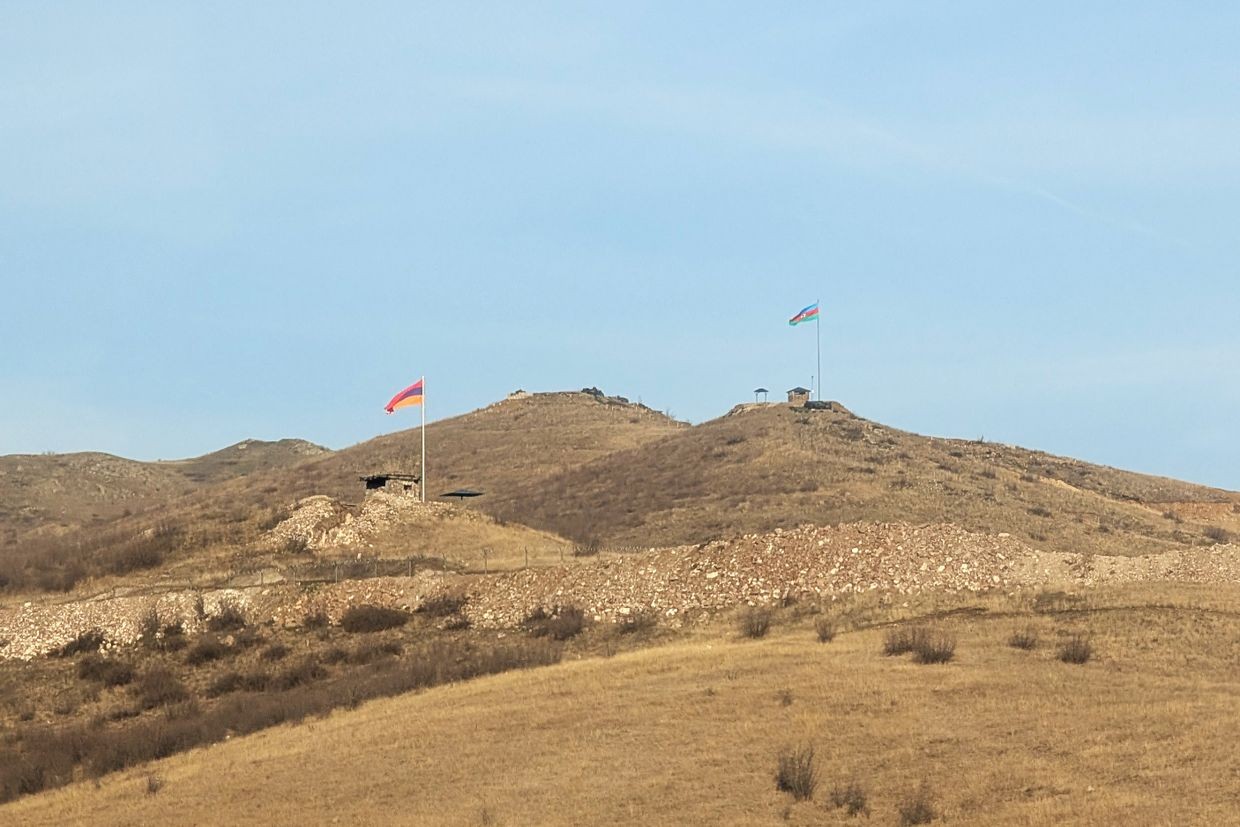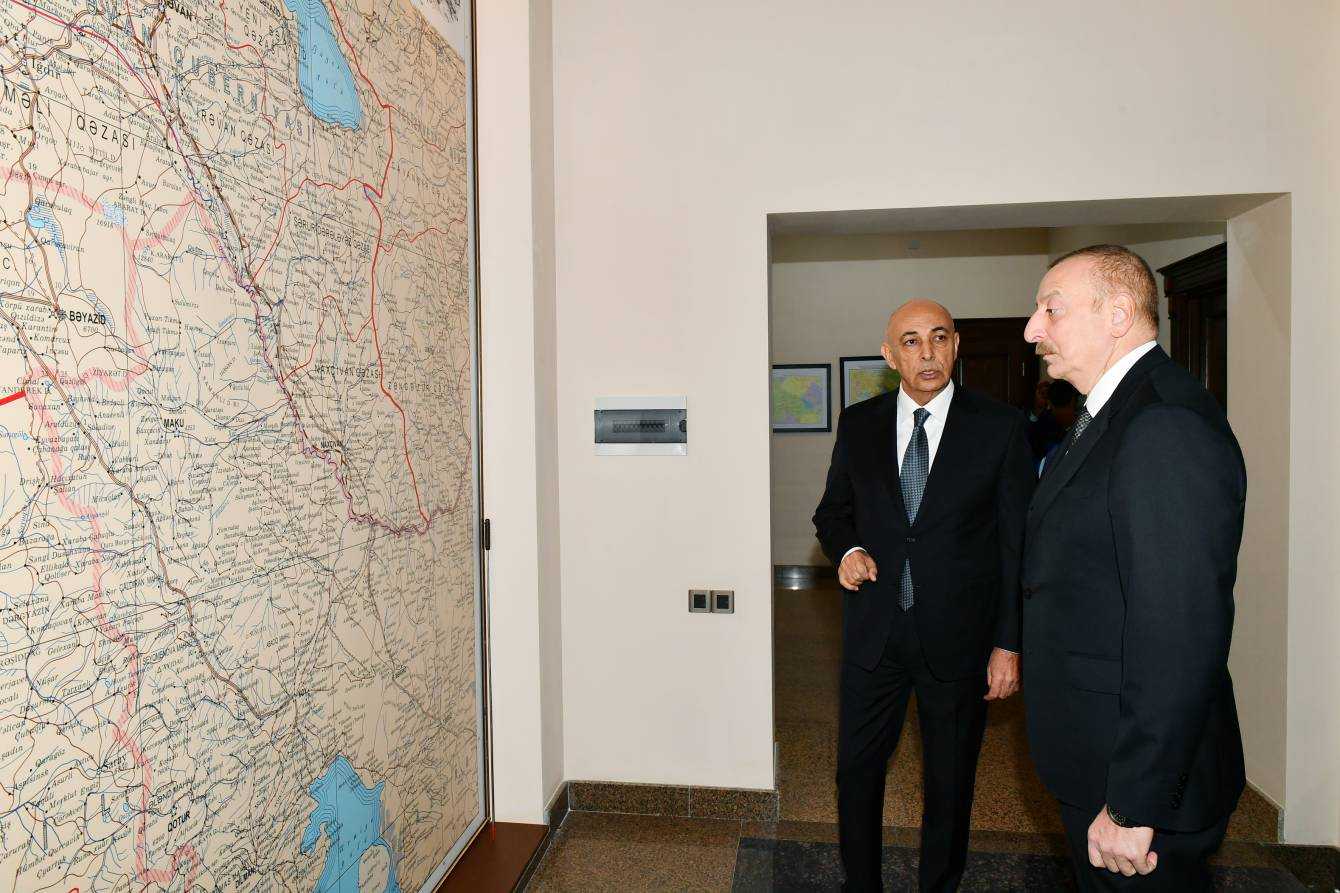
Armenia and Azerbaijan’s commissions on people who went missing during their decades-long conflict have held a meeting, but neither side has published any details about the talks.
On Wednesday, Armenia’s National Security Service announced that the two sides held the meeting, but did not disclose any details as to where and when it had taken place.
The law enforcement agency said that the commissions ‘addressed humanitarian issues pertaining to determining the fate of the persons who went missing during the conflict’.
The agency went on to say that the sides considered the ‘possibilities of exchange of information, as well as organising and coordinating search operations’.
Azerbaijan’s Commission on Prisoners of War and Missing Citizens also reported on the meeting, saying that the commissions discussed humanitarian issues related to ‘clarifying the fate of persons missing during the conflict’.
According to Azerbaijan’s State Commission on Prisoners of War, Hostages and Missing Persons, the First Nagorno-Karabakh War of the early 1990s resulted in 3,984 missing Azerbaijanis, of whom 3,205 are military personnel and 779 are civilians, including 71 children.
The same commission says that six military personnel went missing during the Second Nagorno-Karabakh War in 2020.
According to the International Commission on Missing Persons, as of July 2023, Armenia reported that 777 Armenians are still considered missing from the First Nagorno-Karabakh War and subsequent escalations, while 195 persons, including 20 civilians, are still considered missing from the Second Nagorno-Karabakh War.
There are also 42 missing persons from Nagorno-Karabakh following Azerbaijan’s final assault on the region.
The commissions last convened in February on their countries’ shared border, where they ‘exchanged views related to clarifying the fate of missing persons and agreed that discussions between the commissions will continue by mutual consent’.











